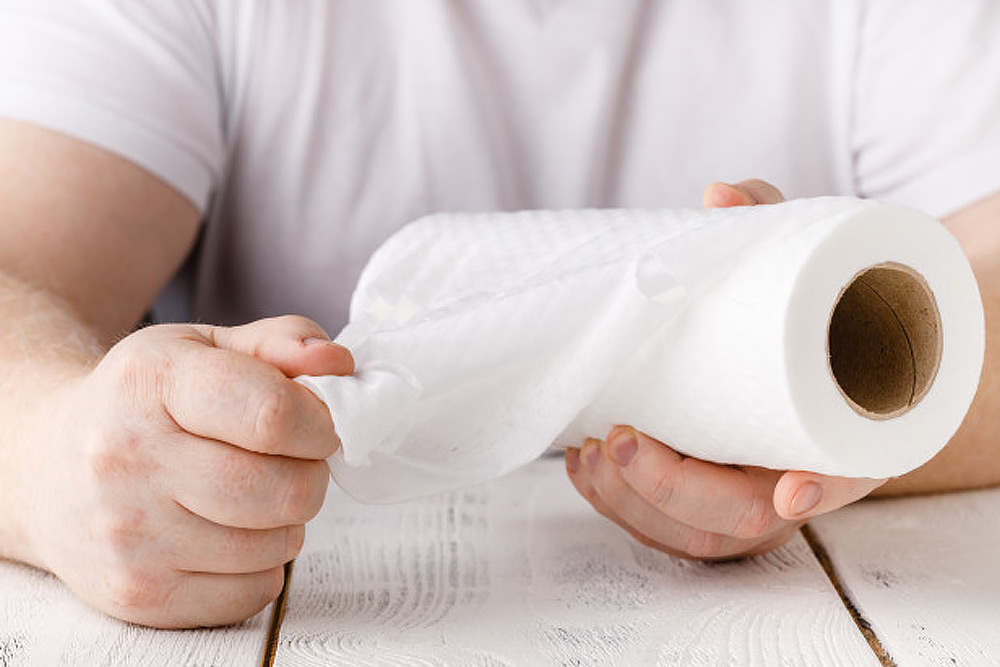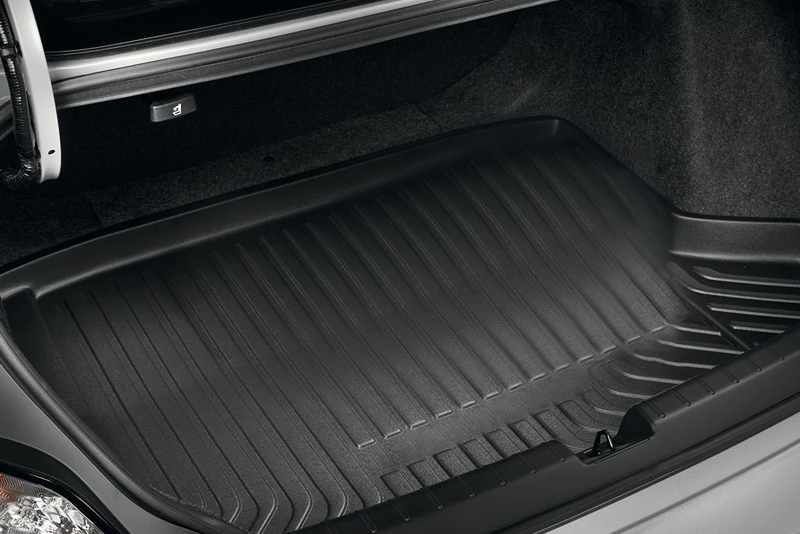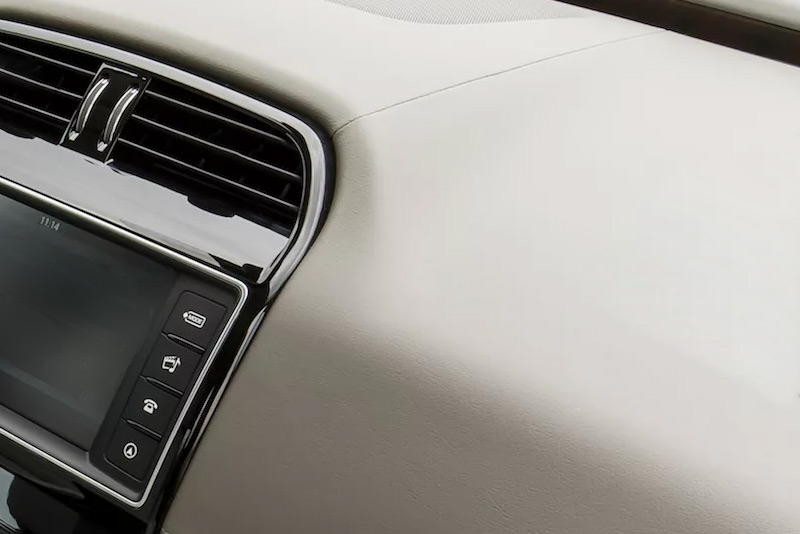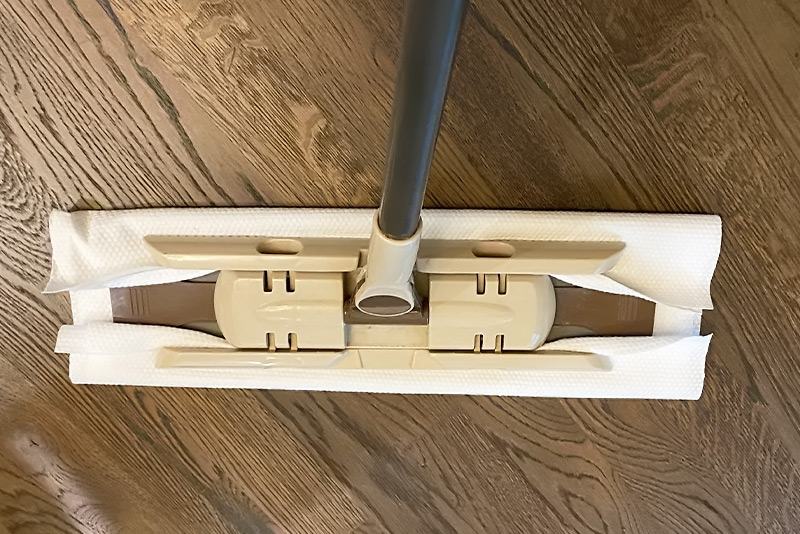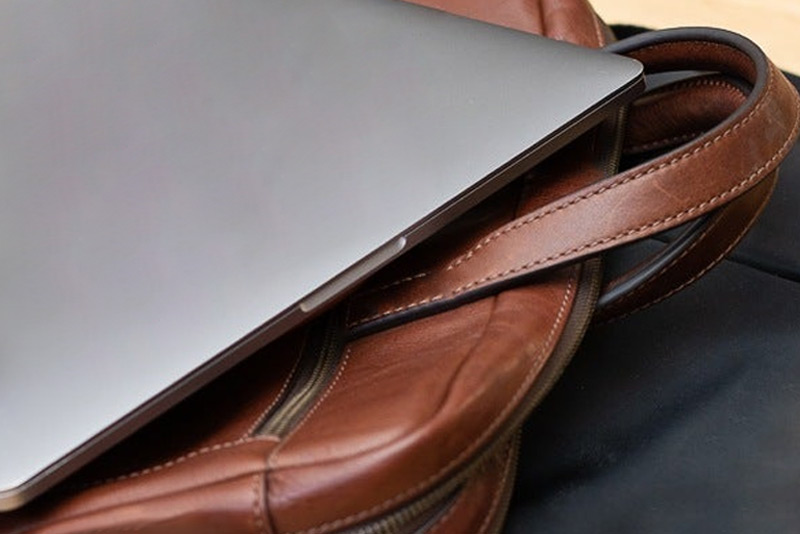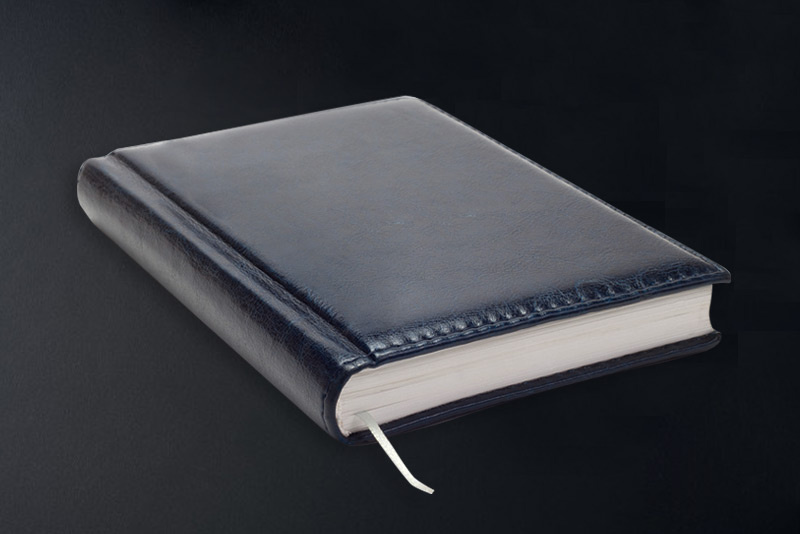In general, hand disposable wipes should not be flushed down toilets, even if they are labeled as "flushable." While some disposable wipes may claim to be flushable, they can still pose significant problems for plumbing systems and wastewater treatment facilities. Here's why:
Non-Biodegradability: Many disposable wipes are made from materials that do not break down easily in water, unlike toilet paper. These wipes can clog pipes, leading to blockages and potentially costly plumbing repairs.
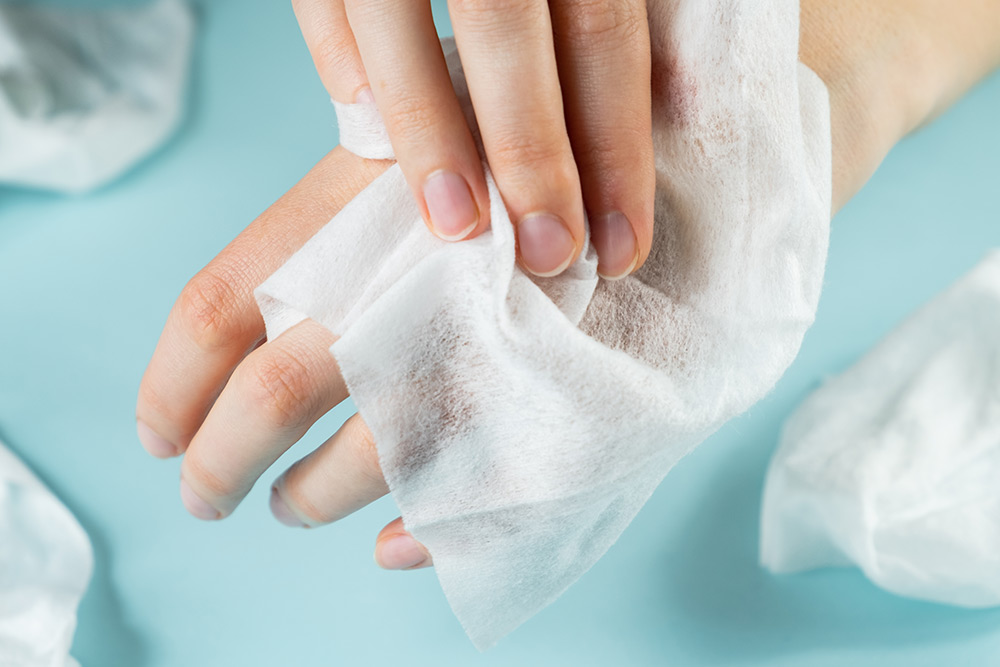
Wastewater Treatment: Even if a disposable wipe makes it through your home's plumbing, it can still cause issues in wastewater treatment systems. These wipes can accumulate and create blockages in sewer systems, leading to backups and overflows. They can also contribute to maintenance and operational challenges at wastewater treatment plants.
Environmental Impact: Flushing disposable wipes can contribute to pollution in water bodies and harm aquatic life. If wipes make their way into rivers, lakes, or oceans, they can have negative ecological consequences.
To prevent plumbing issues and minimize environmental impact, it's best to dispose of hand disposable wipes in the trash. If you're in a situation where you need to use a disposable wipe and there is no trash receptacle available, consider carrying a small sealable bag with you to store used wipes until you can properly dispose of them.
Remember that toilet paper is designed to break down quickly in water and is the only material recommended for flushing down toilets. When it comes to disposable wipes, even those labeled as "flushable," it's safer for your plumbing and the environment to dispose of them in the trash.


 English
English 简体中文
简体中文 日本語
日本語


